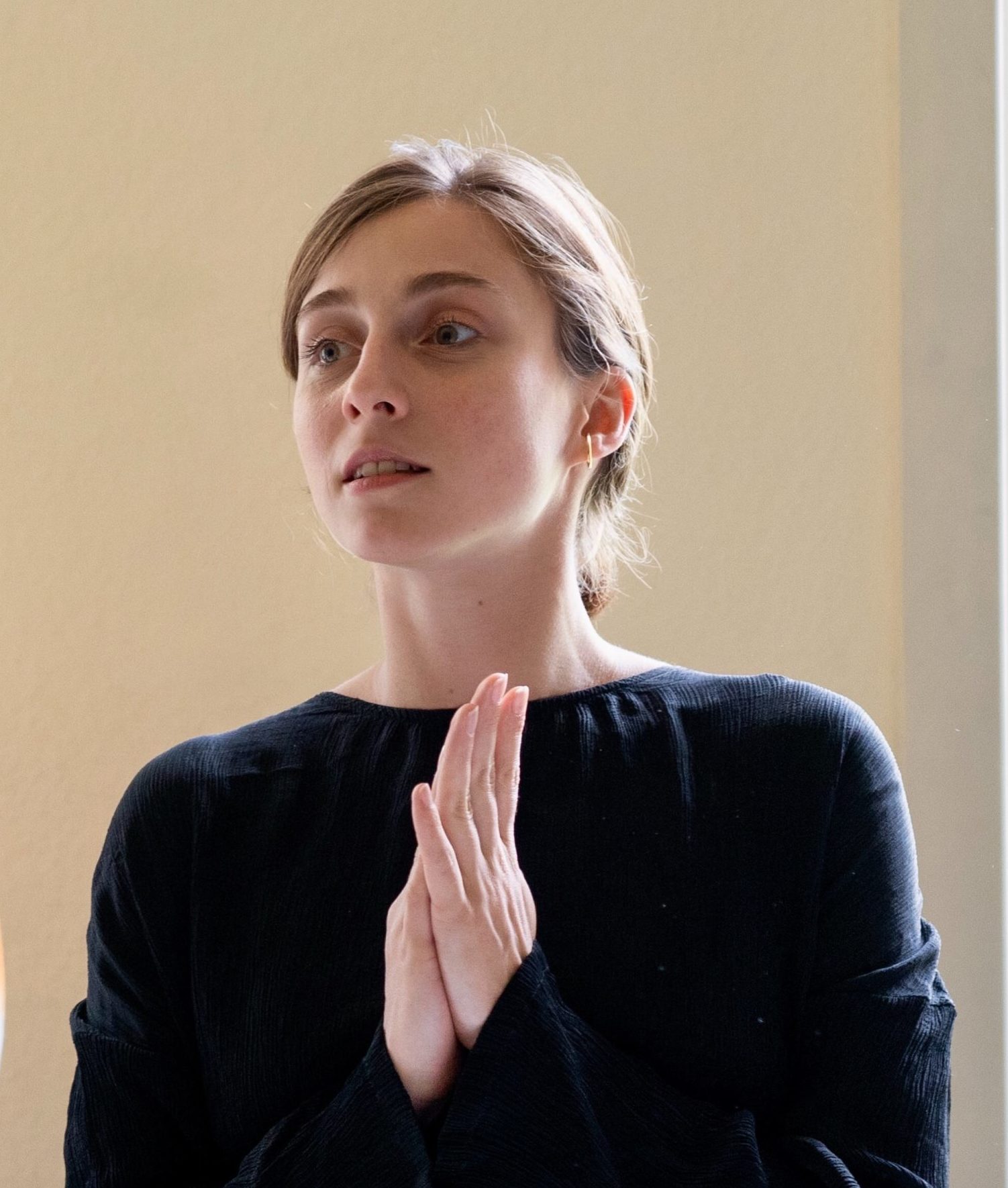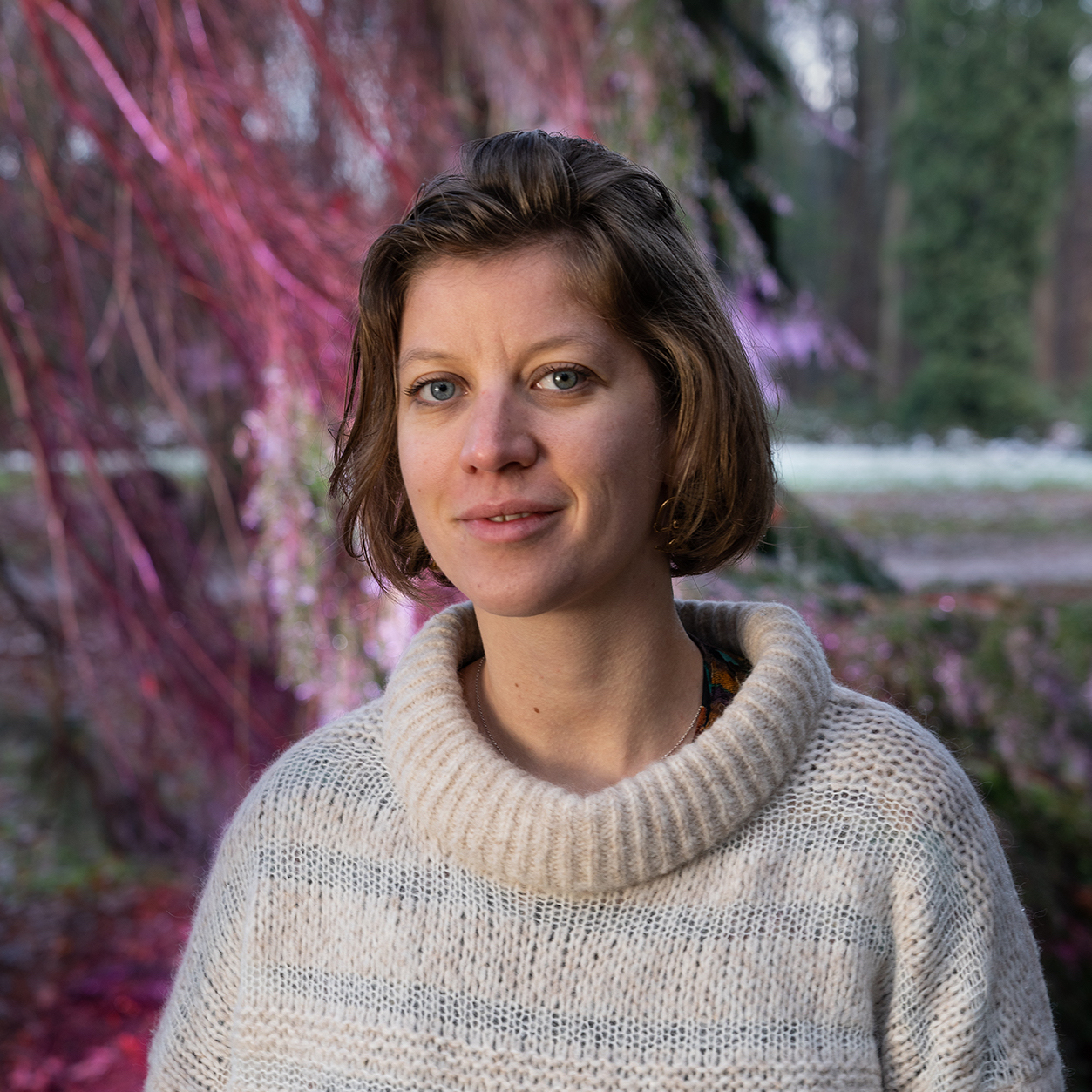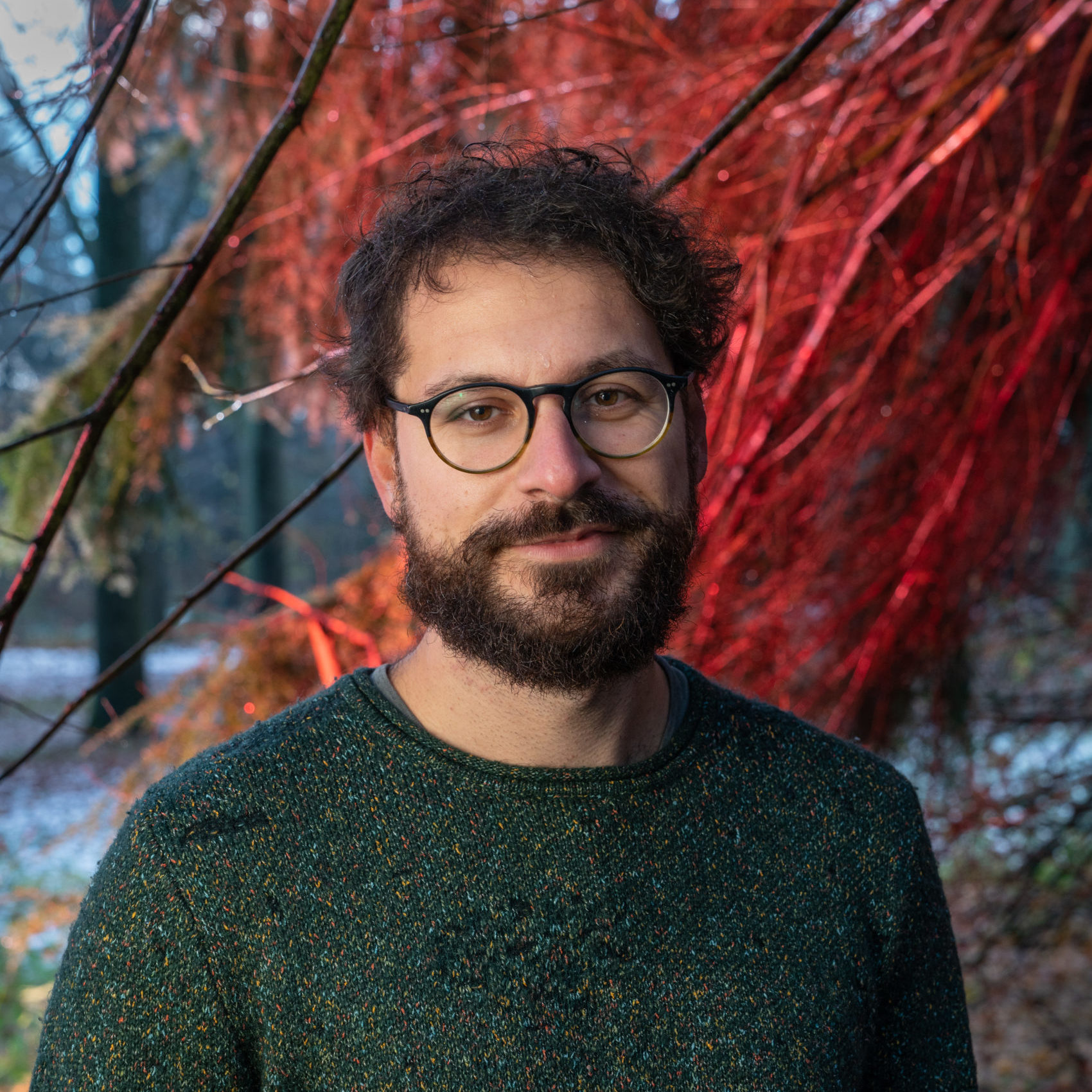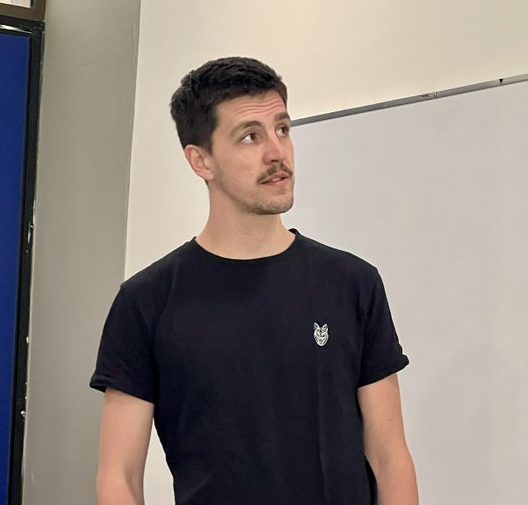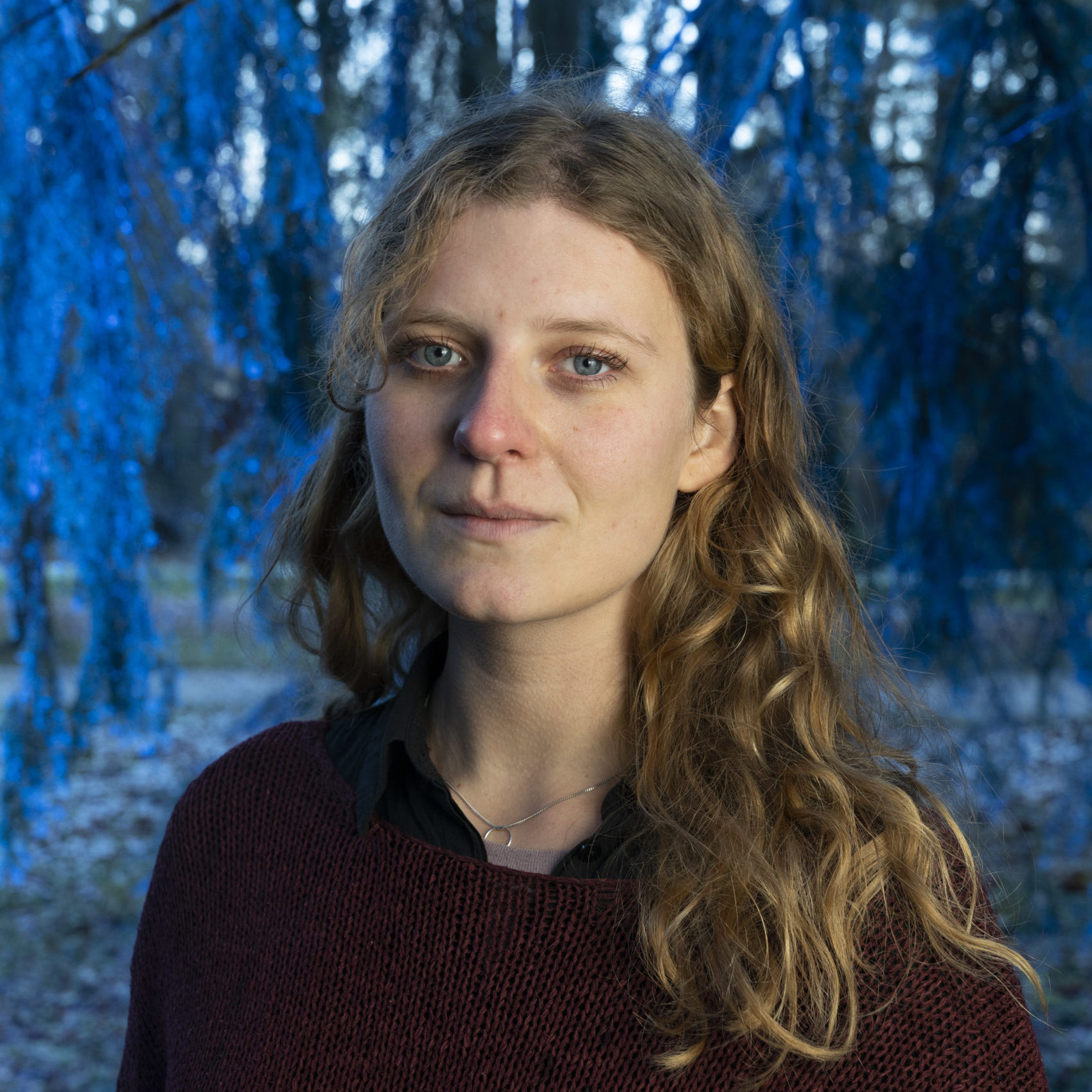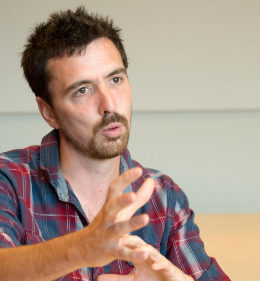The Body Societal is a research collective focusing on cows, and on how genomics infrastructures organise their selection and reproduction.
From the laboratory to the factory, genomics technologies promise to shape the ideal animal of the future.
Focusing on the case of cattle livestock, the BoS project aims to describe and analyse how societal values are being translated in bovine bodies.
